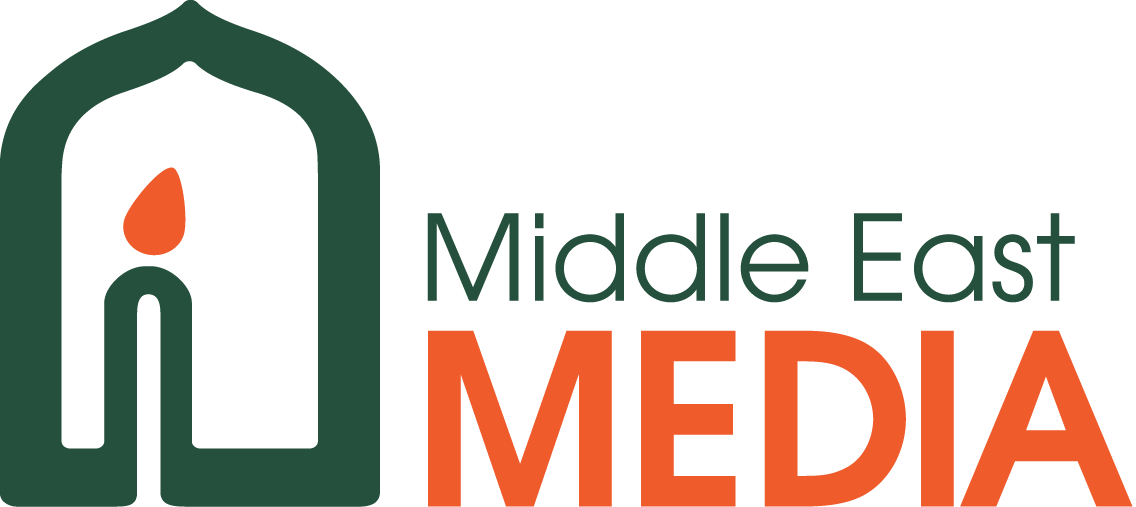Media: The Future of Mission
/If there’s one thing that’s made the age of Covid-19 just that bit more bearable for all of us, it would be our ability to remain connected with friends and family through the use of media and technology. Had this pandemic struck even 10 years ago, we would not have had the technologies available to remain as connected as we have been…we complain about its hang-ups, but what a blessing technology has been in 2020!
Media is able to access places that people cannot, which has allowed us to attend church services online, hold quizzes with our families on Zoom, and even sit watching our friends get married from the comfort of our sofas. Media has no boundaries, and it has no borders.
For these reasons, media is also the future of mission. For many places in the Middle East, it is extremely dangerous to be a missionary in the traditional sense– threats of persecution, oppression and deportation are very real. This is only heightened by the Covid-19 pandemic.
Not only is it dangerous for outsiders, but for citizens too. Cultural and religious laws and traditions, warfare and political upheaval leave many trapped by injustices through no fault of their own…trapped, but also silenced. Trafficking. Child brides. Traumatised children. Victims of abuse. They don’t dare speak out…for opening their mouths is quite literally the choice between life and death.
But we can tell their stories. We can be their voice.
MEM uses media in powerful and culturally relevant ways to reach the unreached with the message of hope found in the Gospel. MEM also uses media to help the oppressed find healing, freedom and a voice. MEM enables the stories of those silenced to be heard…with the hope and prayer that more and more people from the MENA region will encounter the life-transforming love of Jesus through their testimonies.


